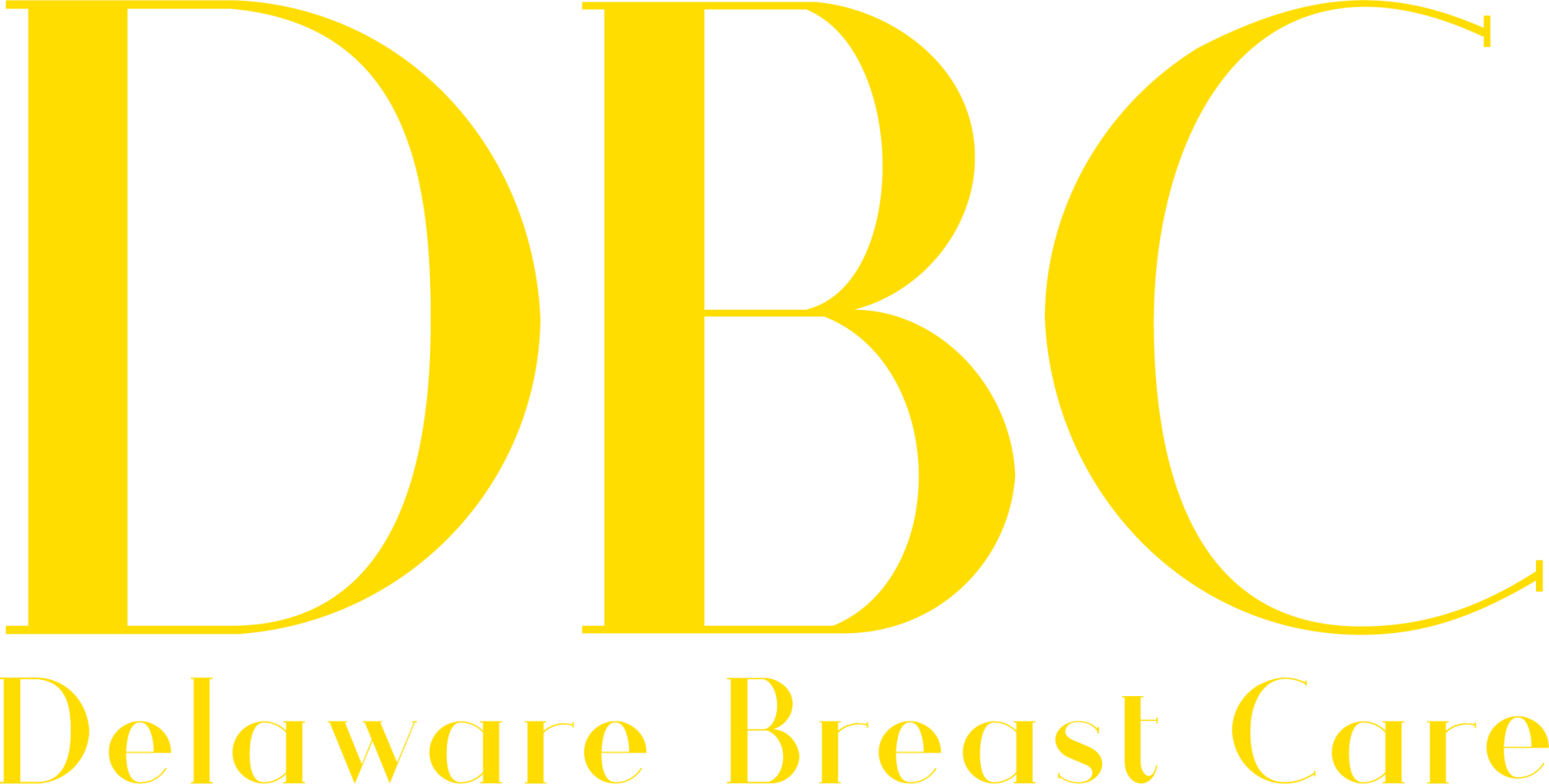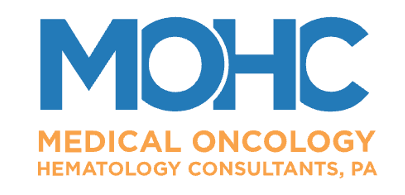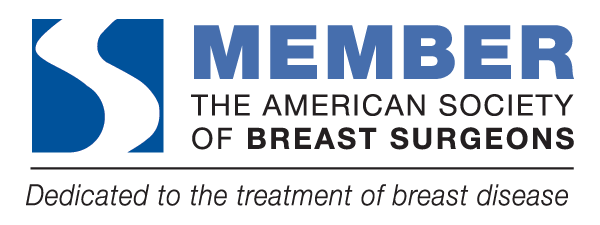Breast Cancer & Nutrition Facts
BREAST CANCER & NUTRITION FACTS
1. Girls can eat whatever they want; they don’t have to worry about breast cancer until they’re in their 20’s.
False. There is evidence that the diets of young women and girls affect their risk of breast cancer in adulthood. Once study found that girls who followed a high fiber diet were at lower risk of breast cancer as adults. That high fiber diet was rich in fresh fruits, vegetables and whole grains.
2. Drinking alcohol helps my heart and blood vessels; it’s probably good for my breast health.
False. There is a solid link between alcohol consumption and breast cancer. Middle-aged women who have at least one drink a day are at increased risk of the disease.
3. A high fat diet is probably bad for my breast health.
True. Dietary fat leads to body fat. Body fat produces estrogen. It appears that the more body fat a woman has, the greater her risk of developing breast cancer. It is healthful to avoid saturated and trans fats. Monounsaturated fats in moderation actually promote breast health.
4. All fats are bad.
False. While avoiding excess fat is a good habit, several fats are vital to bodily function. We are able to make some of these fats, but we must consume others through diet. One type that we must get from food are the omega-3 fatty acids. Omega-3 fatty acids have anti-inflammatory properties that promote the health of many body systems, including the breast. They are found in foods such as flax seeds, walnuts, spinach, broccoli, soybeans, anchovies, salmon and tuna.
5. The Mediterranean Diet is good for breast health.
True. The Mediterranean Diet is high in whole grains, olive oil, nuts, fish and fresh fruits and vegetables. These ingredients provide a combination of health-promoting fats and other anti-inflammatory substances. Recent studies have shown direct links between this diet and breast cancer. In one study, women with breast cancer had a lower risk of disease recurrence when they followed the Mediterranean Diet. In another study, investigators found that women who followed the Diet had a lower risk of breast cancer.
6. A diet high in sugar may increase breast cancer risk.
True. The calories from sugary foods and drinks can lead to excess body fat, which increases breast cancer risk. Sugar increases insulin levels, which may promote the growth of breast cancer cells. There may be a more direct link: One recent study in mice found that a high sugar diet led to the faster onset of breast cancer and to a more rapid spread of metastatic breast cancer.
7. Fruits and vegetables alone decrease breast cancer risk.
True. A recent study showed that diets high in foods such as carrots and leafy green vegetables led to increased blood levels of the carotenoids α- and β-carotene. These substances decrease the risk of ER-negative breast cancer. Furthermore, vitamin C is associated with a decreased risk of ER-positive disease.
8. Fresh fruits and vegetables are always best.
False. Some fresh produce is picked before it’s ripe, and that can compromise the nutrient levels. Fresh-frozen produce is picked after It’s ripened naturally and then frozen, which locks in maximized nutrients. Another advantage to frozen produce is price: often, these items are less expensive than their fresh counterparts.
9. Canned vegetables are just as nutritious as fresh.
False. Canned vegetables packed in water often lose their nutrients in that water – they get soaked out. Try cooking with that water if you can.
10. Grilling my meat is a healthy way to prepare it.
True. But be sure to avoid those grill marks – that char contains substances that may promote breast cancer. And remember that lean meat is the healthiest choice for your breasts and the rest of your body.
All Rights Reserved | Delaware Breast Care | Site by Infinity Medical Marketing









